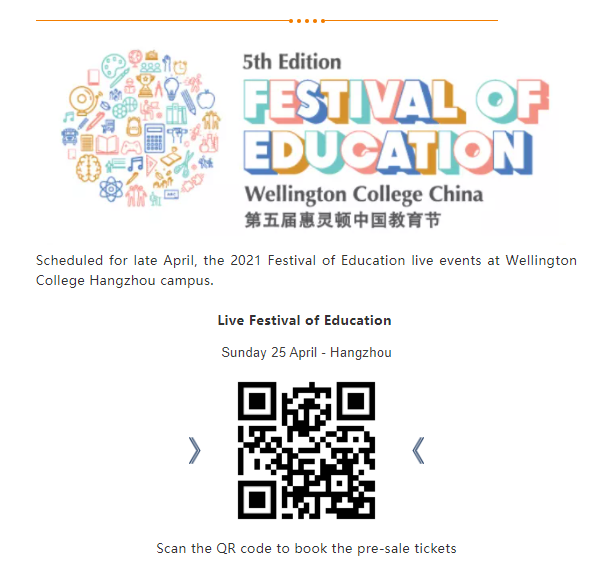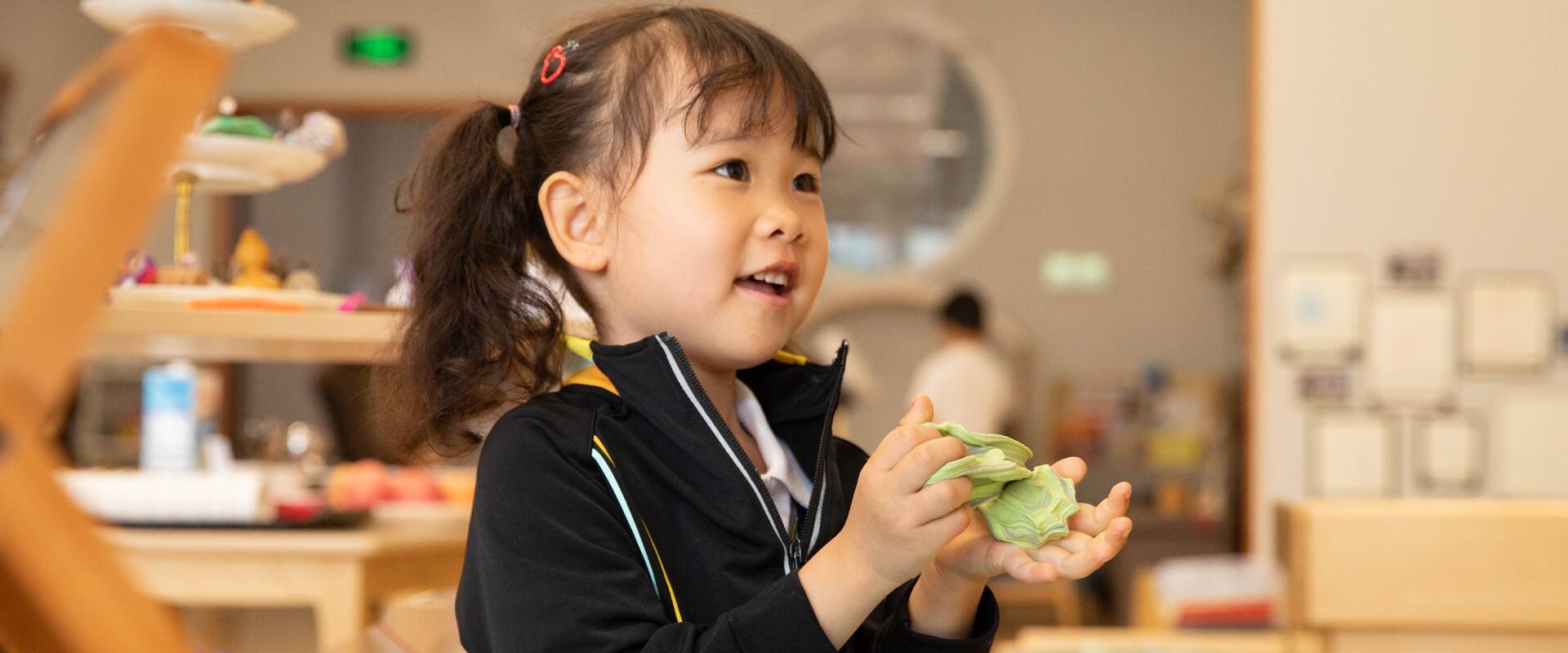
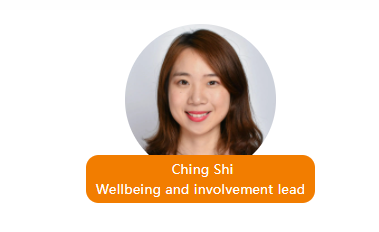
“Just watch this moment, without trying to change it at all. What is happening? What do you feel? What do you see? What do you hear?”
------ Dr. Jon Kabat-Zinn
At times feeling uneasy and anxious can stem from the past and the future: the nagging of the past and the uncertainty of the future. At the same time, a lot of information is always pouring into our minds leading down different paths, making us feel ‘heavy’ and unable to easily find solutions and think clearly. Our thoughts can travel through time, but our bodies can only exist in the present. When our attention is on the body, it brings our thoughts back to the present moment. Mindfulness is being consciously aware of what is happening in the present moment, carrying us to feel alive in the here and now.
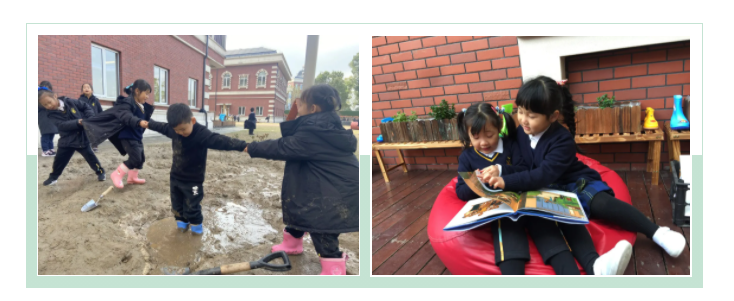
With the development of positive psychology, more and more people desire for their wellbeing to flourish in an upward spiral. Mindfulness, as an effective method to enhance wellbeing, and is also gradually starting to be applied in modern day education.
Ms. Ching, Huili Nursery Hangzhou’s very own wellbeing and involvement lead will be sharing her expertise on applying mindfulness strategies in the early years at her wellbeing and involvement positive parenting session on 25 March as well as at EdFest in April.
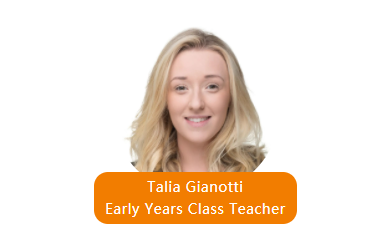
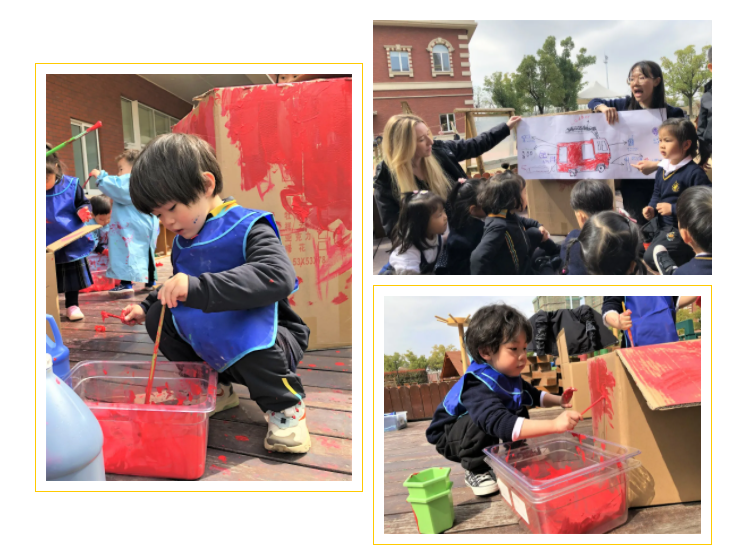
Currently in EY1B the children have been fascinated by fire engines, this was inspired after learning a new Makaton song, '5 Little Firemen'. The children have been highly motivated to use role play resources of helmets, hoses and uniforms to engage in imaginary play. Whilst role playing the children told us that they did not have a fire engine, they decided that they needed to build one. We discovered that EY3B had been learning about the community and we invited them to our classroom to help us make our own fire engine. When they visited, they brought a large diagram to clearly show us all the different parts of the fire engine we needed to include and why. This motivated and inspired the children to collaborate. We are looking forward to seeing how the fire engine enhances our children's imaginative play.
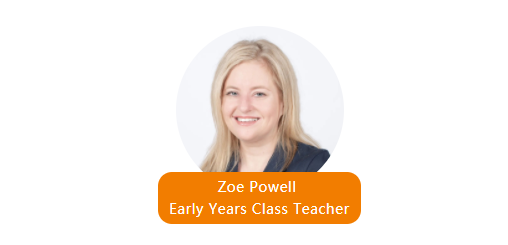

In EY2, we value each child as a strong and capable learner. When children investigate and learn it is important to provide interest, challenge and an opportunity to ask questions. By using a range of open-ended resources, teachers successfully achieve this, enabling children to think of many possibilities and to enquire. Through this, they can extend their learning, problem solve and communicate what they found out. It is always inspiring to see children enjoying their learning and how they see things differently through their lens. Every day teachers are amazed at what children do and how they use the resources. Teachers learn many things from children too.
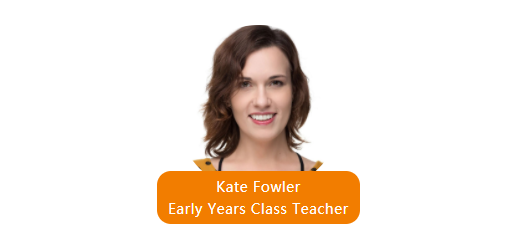
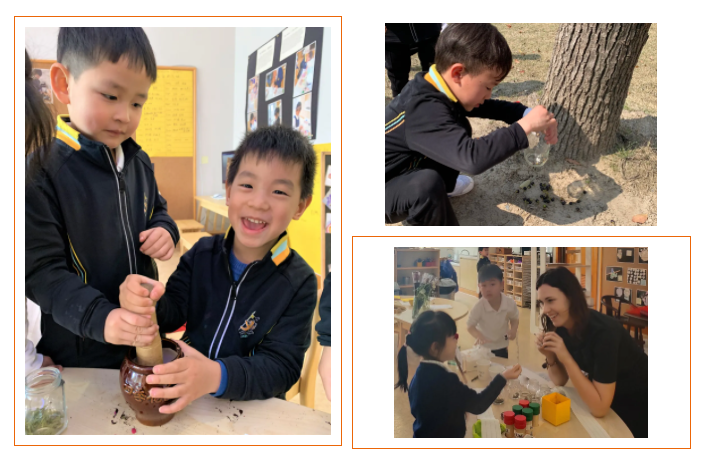
The children were fascinated by the camphor berries they found on the ground during outdoor play. This sparked an interest in all sorts of different smells from nature. They have investigated different types of herbal, floral, and fruity smells. Our smell project has provided many wonderful opportunities for language development. The children have practiced using the names of different types of herbs, flowers and fruits. We have focused on the sentence stem “It smells like...”. We have practiced saying and writing this sentence as we explore all types of smells. Many children have shown an interest in how different parts of plants and fruit smell, as well as how we can use herbs, fruit and flowers to add smells to food. The children have experimented with the different parts of flowers by taking them apart and sorting them into stems, leaves and petals. They have been using different tools, such as a mortar and pestle, to crush the different plants and extract the smell. Some children have even begun to make “perfumes” using the different plant smells!

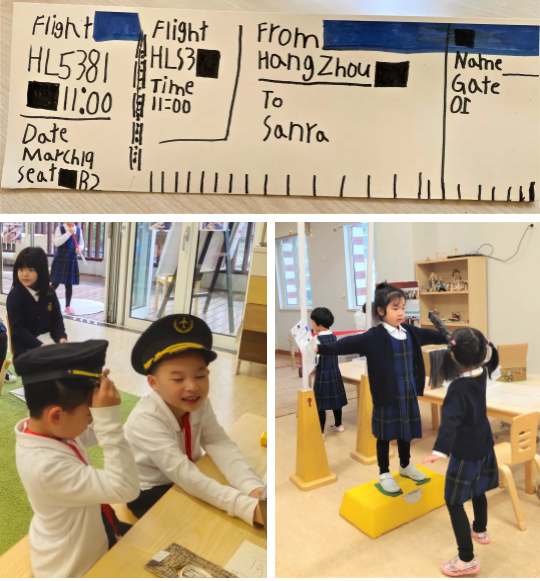
The children in EY4A have been sharing the journey of ‘aviation’ through their project. They have designed and created an airport inviting "passengers" on board to a tropical destination. Children are celebrated as innovators, and as teachers. We support them in igniting their passions and inspirations. Constructing airports, using money to buy tickets, and having to work hard to interview for airport positions are all part of the ‘real’ experiences in the project. The trial opening of the airport welcomed many "passengers", and the children were fully prepared for the first flight.

